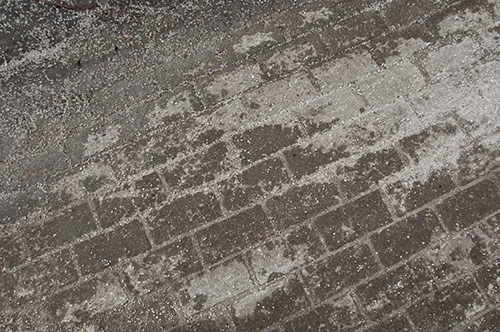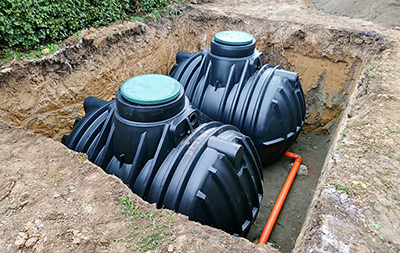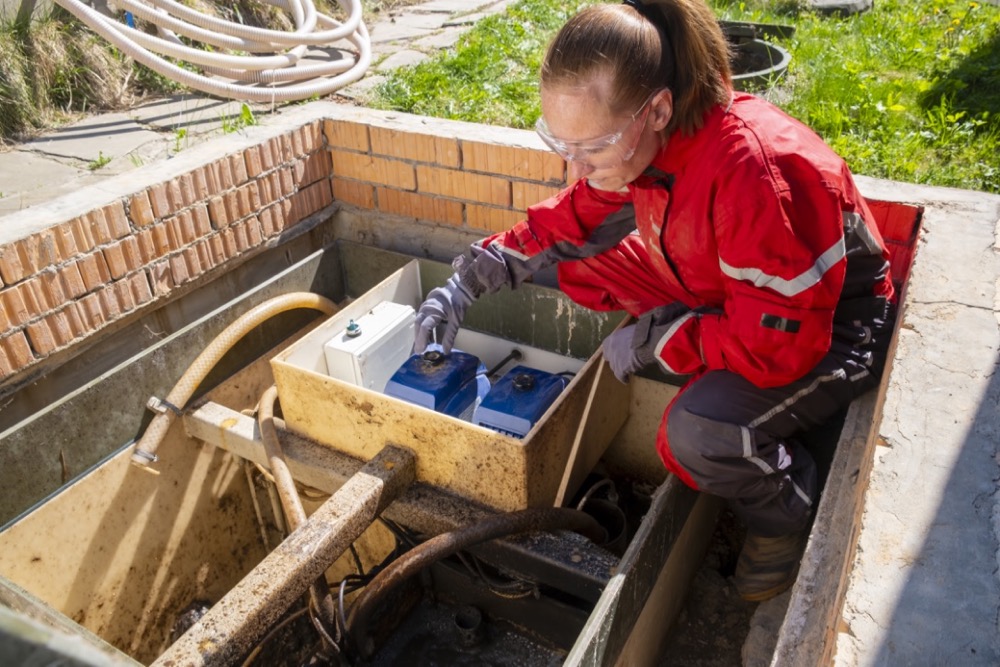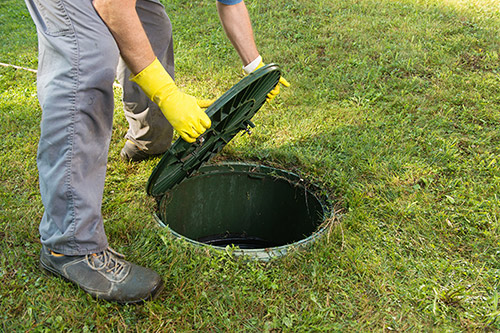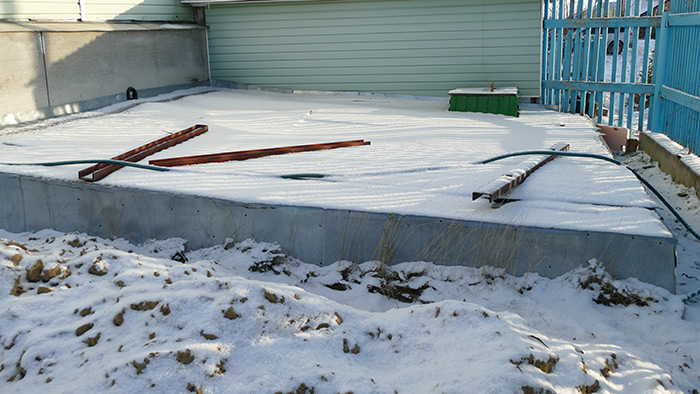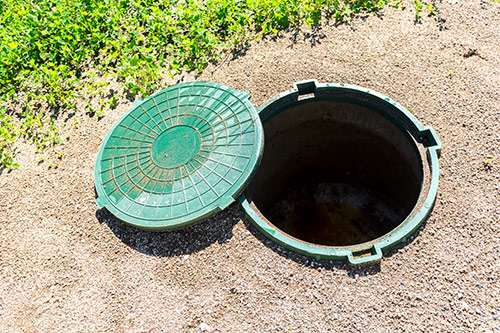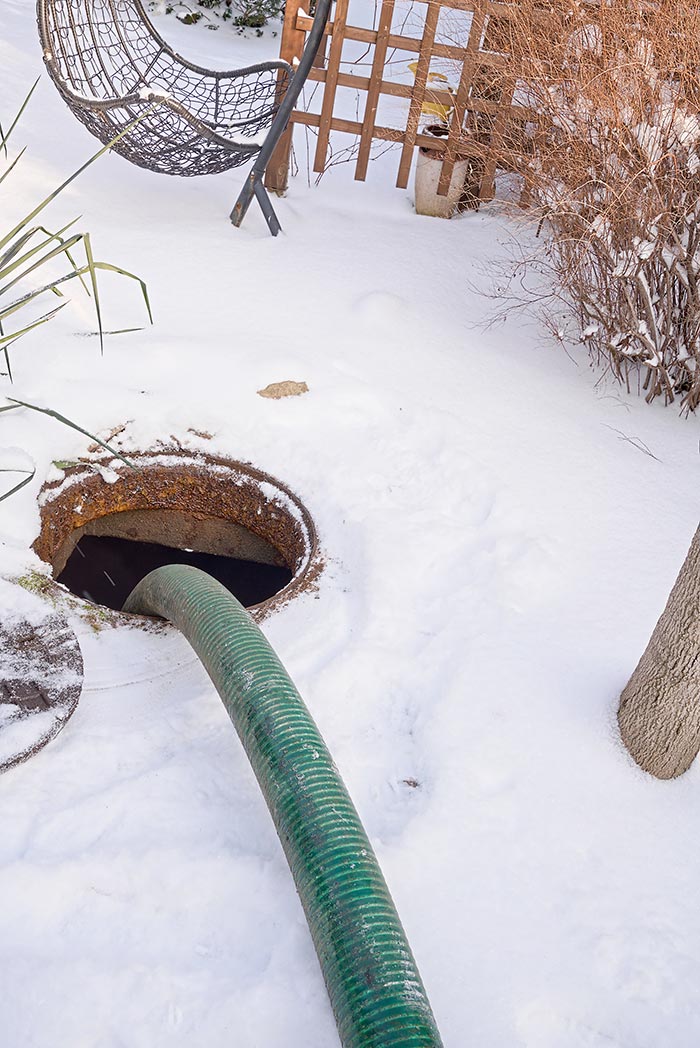
Here are some frequently asked questions and answers on Title 5 septic regulations.
My home has a septic system. Do I need to have it inspected before I sell?
If you are selling your home, you cannot close without a passing Title V inspection of your septic system, completed by an inspector who is licensed by the state and your town. A Title V Inspection is good for 2 years. However, the inspection will be valid for 3 years if you have documented septic pumping service each year on or before the anniversary date of your septic system inspection.
The inspector will determine whether your system “passes,” “fails” or “conditionally passes” (i.e., requires repairs).
What is a conditional pass?
A conditional pass means that your system will pass if a certain condition is met. A repair or replacement of the distribution box is the most common condition that needs to be met. The inspector would write up his official Title V report with the conditional pass notes outlining the needed replacement of the distribution box. Once the repair is done, your Board of Health will issue a Certificate of Compliance which will be accepted as a passing Title V at closing.
My septic system failed. What do I do now?
If the inspection fails, your septic system must be repaired or replaced. If ownership of the house is not being changed, the homeowner may have up to two years to complete the repair. However, if the Health Agent deems the failure to be a health hazard, the homeowner can be required to begin the process of repairing it immediately.
Failed septic systems can be handled in a real estate sales transaction in two ways. First, the seller can undertake the work and complete it prior to closing, with a full sign off from the Board of Health. This is often the preferable course for all parties and the lender. Alternatively, the parties can agree to an escrow holdback to cover the cost of the septic repair plus a contingency reserve, and the work is undertaken after the closing. Some lenders don’t allow septic holdbacks, however.
What are the steps and permitting fees to install a new septic system?
The first step in beginning a septic repair is to hire an engineer to evaluate your land and to design a system that would be appropriate for your property. Once the engineer is hired, a percolation or “perc” test is scheduled. The perc test measures the rate at which water is absorbed into the ground and determines whether the soil is suitable for a septic system. Based on the results of the perc test, the size of your lot, and the number of bedrooms in your home, the engineer designs a septic system to serve the property. Once the plans have been drawn, four copies of the plans, two copies of the soil analysis, and a check for $175.00 must be submitted to the Board of Health office. The BOH has 45 days to review the plans and to either approve or reject them. If the plans are approved, the plans can be picked up and the installation of the system can begin. If the plans are rejected, the plans must be revised and an additional fee of $75.00 is charged to have them reviewed again. If the designed system requires state variances (done by the Department of Environmental Protection), an additional 90 days must be allotted for the review process.
When the job is completed is there any form of certification that it has been done and that it meets Title V standards?
At the completion of the job, (that is, when all work has been done according to the plans; when the engineer has submitted an “as-built” plan as to where the system was installed; and when the installer has submitted a certification statement), the Health Agent signs a Certificate of Compliance, (COC), which is issued to the installer. Upon payment for the work, the installer gives the COC to the homeowner.
How long does the process for repairing a septic system take, from beginning to end?
A homeowner should allow approximately 3 to 4 months for the installation of a septic system. The length of time can vary from system to system. There are a number of variables involved. The availability of the Health Agent to witness a “perc “ test is one. Because of the amount of work that has to be completed, engineers and installers are often busy for months in advance. In addition, if the designed system requires either local or state variances, time must be allotted for public / variance hearings. A system that is installed in less than 2 months (from start to finish) is the exception to the rule.
If I am required to replace my failed system and I do not have the money, what do I do?
Homeowners who cannot afford to repair their failed septic systems made apply for financial aid with the Massachusetts Home Septic Loan Program. Here is the MassHousing Web site. Here is the PDF for the Homeowner Septic Loan Repair program. Applications for this program are available at most local banking institutions. The loans are low interest and repayable over an extended period of time.
The state also provides a tax credit of up to $6,000 over 4 years to defray the cost of septic repairs to a primary residence. Forms are available from the Department of Revenue (DOR) to allow homeowners to claim up to $6,000 in tax credits for septic upgrades. The credit cannot exceed $1,500 in any year and may be spread out over 4 years. The tax credit is limited to work done on a primary residence only. Tax Form Schedule SC is the correct form for the tax credits.
I have a cesspool. Will that pass Title V?
You may be wondering how this all applies to cesspools. Cesspools are much harder to pass in Massachusetts. Does every single one automatically fail? No.
Only those cesspools that exhibit signs of hydraulic failure, are located very close to private or public water supplies, or otherwise do not protect or pose a threat to the public health, safety or the environment will need to be upgraded. Also, cesspools must be upgraded prior to an increase in design flow (e.g., the addition of a bedroom to a home.
For more information on septic tank sizing and construction, contact Morse Engineering and Construction.
Source: massrealestatelawblog.com
